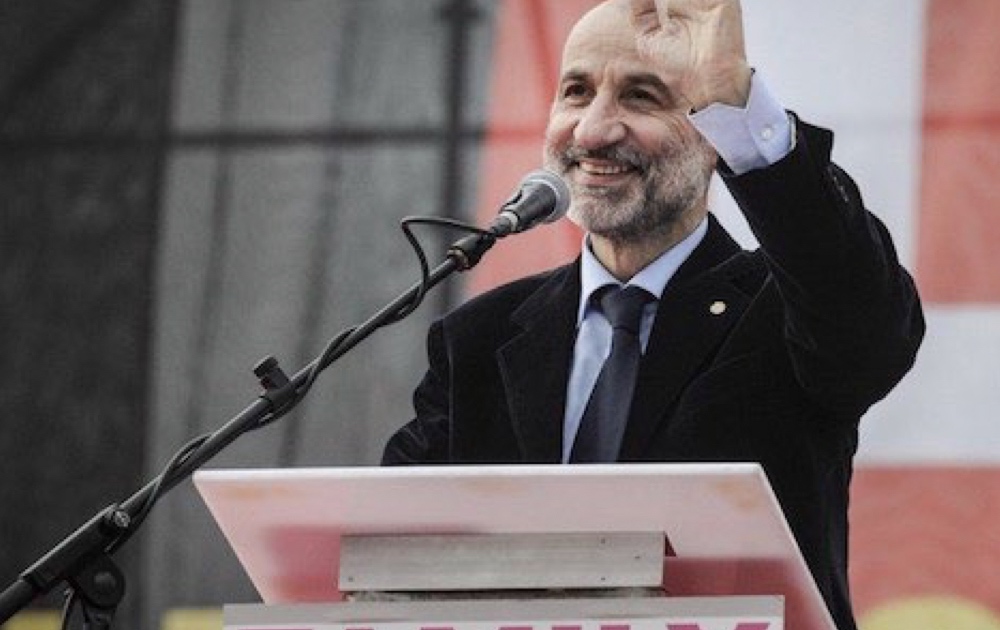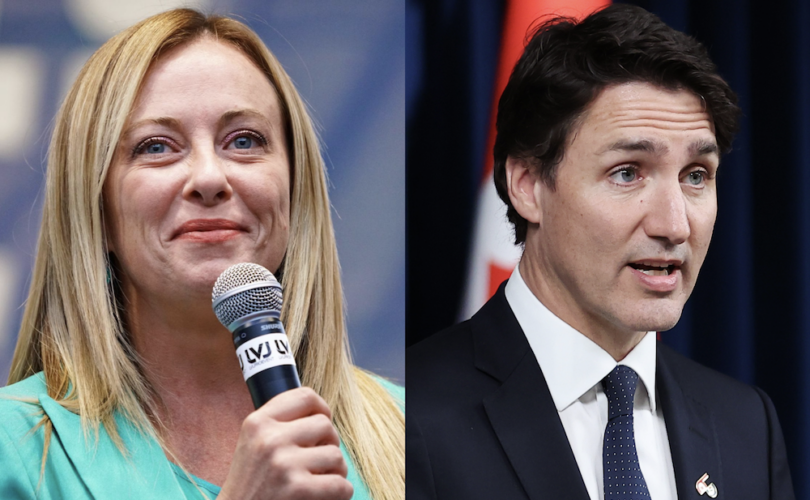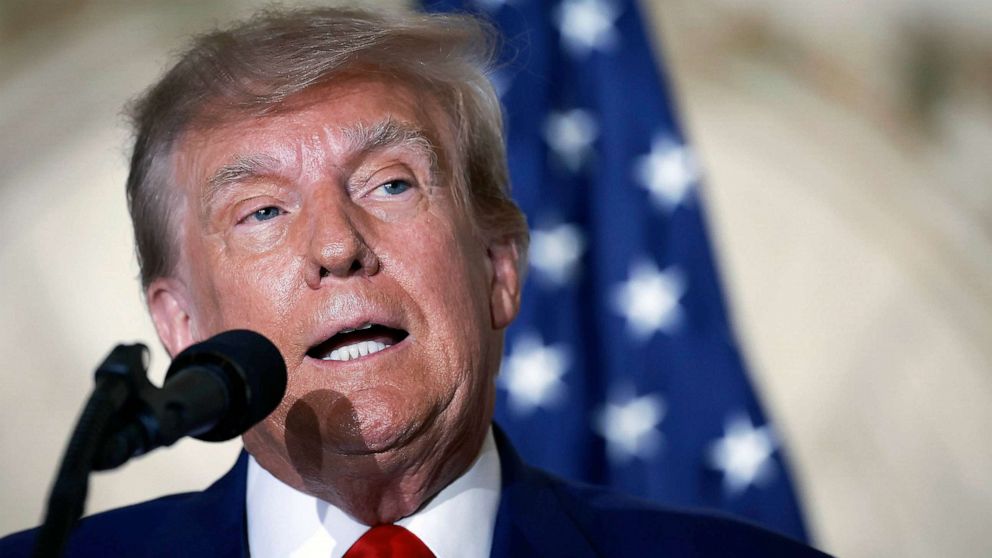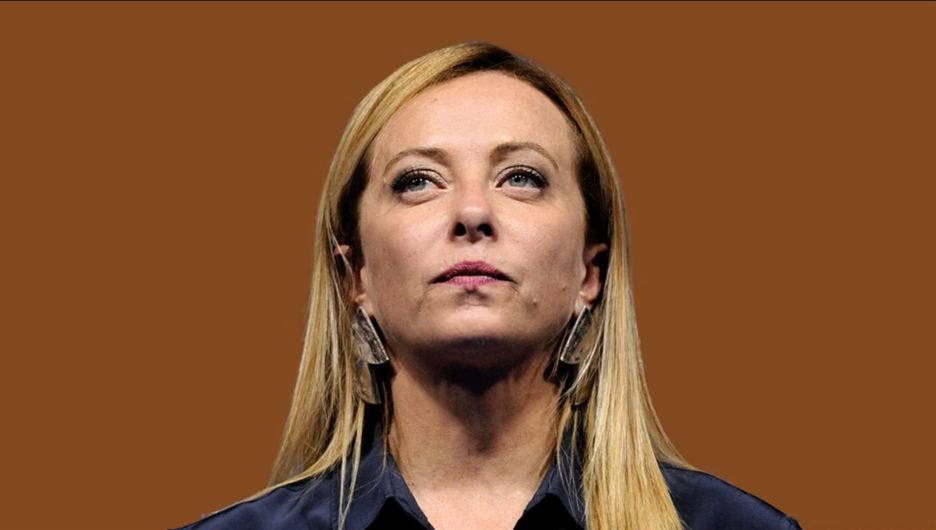Blog Post
In Defense of Life and Family: An Interview with Italian Presidential Candidate Dr. Massimo Gandolfini
By Jonathon Van Maren
Last weekend, after six days of tense voting and the failure of coalition parties to produce a compromise candidate to serve as president, 80-year-old Sergio Mattarella agreed to a second term as Italian President. Negotiations between the parties had been complex and frequently acrimonious, as Hélène de Lauzun reported for this magazine earlier this month. With the breakdown of discussions, Mattarella—who had previously expressed his desire to retire—agreed to remain in office for the stability of Italy.
One of the lesser-known presidential candidates, however, had been pro-life and pro-family Italian leader Dr. Massimo Gandolfini, who had decided to put his name forward at the urging of social conservatives. Gandolfini is a brain surgeon who hails from Brescia in the north. His wife is also a physician. Gandolfini also serves as leader of Italy’s largest pro-life group, Associazione Family Day.
In this exclusive interview with The European Conservative, Gandolfini answers several questions about his candidacy for president, which he hopes will trigger an ongoing discussion about life and family issues, which are so often ignored.
Although current presidential negotiations have concluded, we hope the values he sought to emphasise during the campaign are increasingly discussed by other leaders—and eventually better reflected in Italian politics.
Why are you running for president?
My candidacy was spontaneously suggested by a large part of the Roman Catholic pro-life world, in order to draw the attention to the founding values of Italian society and the Italian Constitution. My nomination represents an invitation to voters to look into and understand what my name embodies and stands for.
What would you hope to accomplish for the pro-life and pro-family causes if you become president?
In the next presidential election, the interests of each party will take precedence, and, unfortunately, values and principles will play little role, if any. Therefore, in the very unlikely event that I would be elected, I would exclusively work for the real good of my Country. In practice, here’s what this means: greater support towards culture, economy, welfare, work, the family—together, the real driving forces of our society; greater attention and defense of the rights of weaker people and, in particular, of the disabled; promotion of the right to life, from conception to natural death; reform of the job market, with special attention to women’s jobs in order to make motherhood compatible with work (as provided for by our Constitution); and a concrete and firm opposition to all new forms of ‘slavery’, including prostitution, drugs, pornography, pedophilia and, above all, at the level of schools and the education system, the gender ideology.








